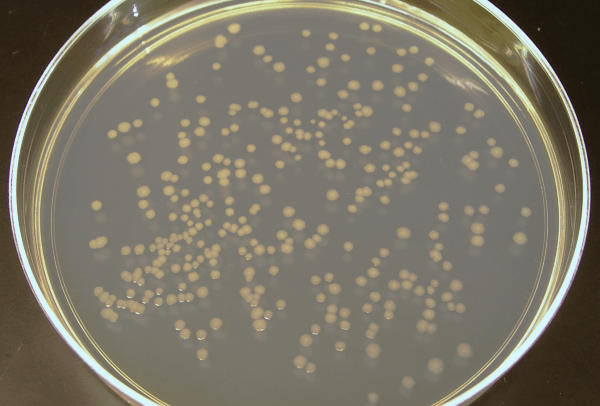
This archived news article is over 5 years old.
Bacteria with Antibiotic Resistance Mutations Reproduce Faster than Non-mutated Bacteria
Elizabeth Fox
30th January, 2017


Elizabeth Fox
30th January, 2017
